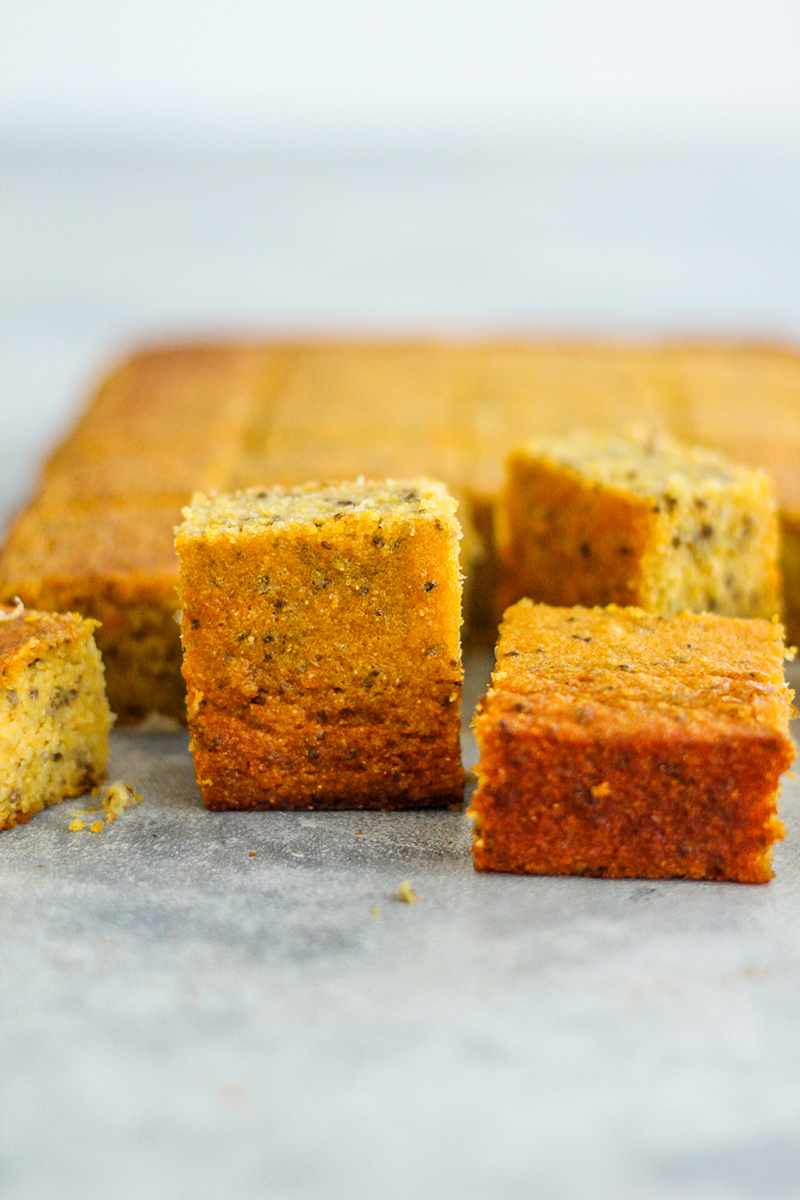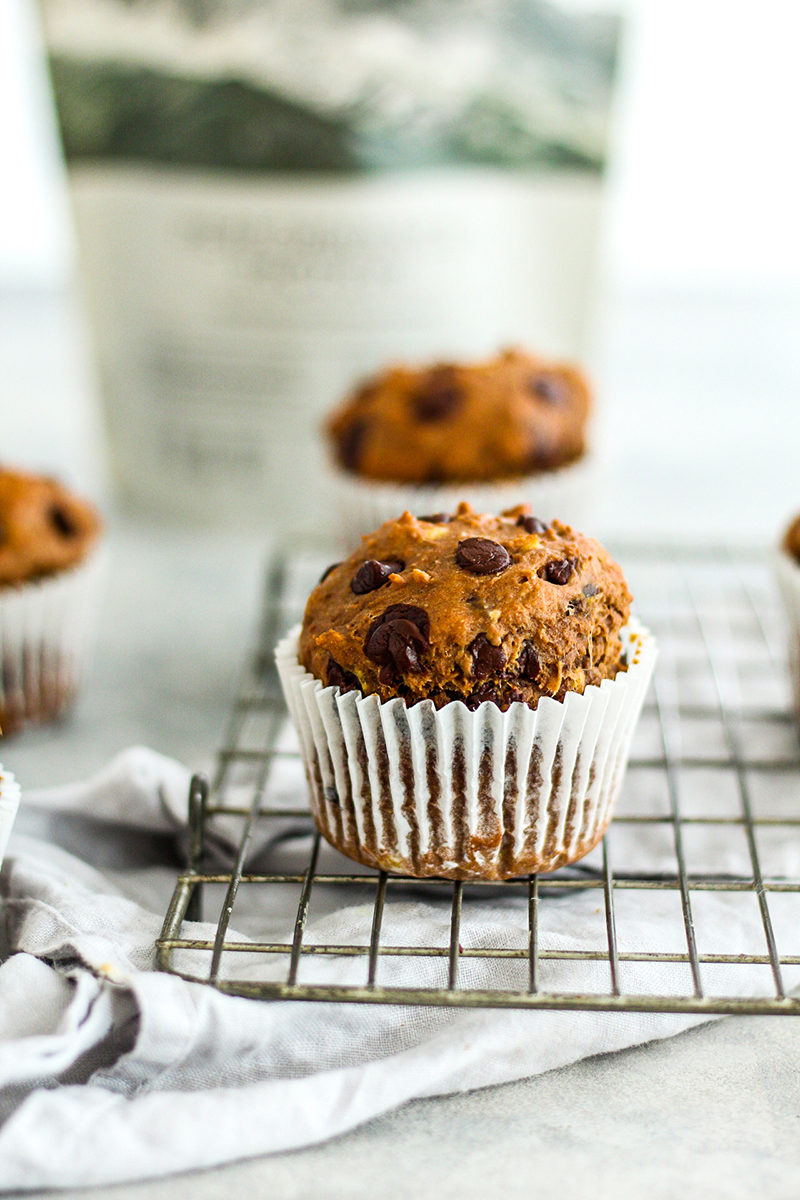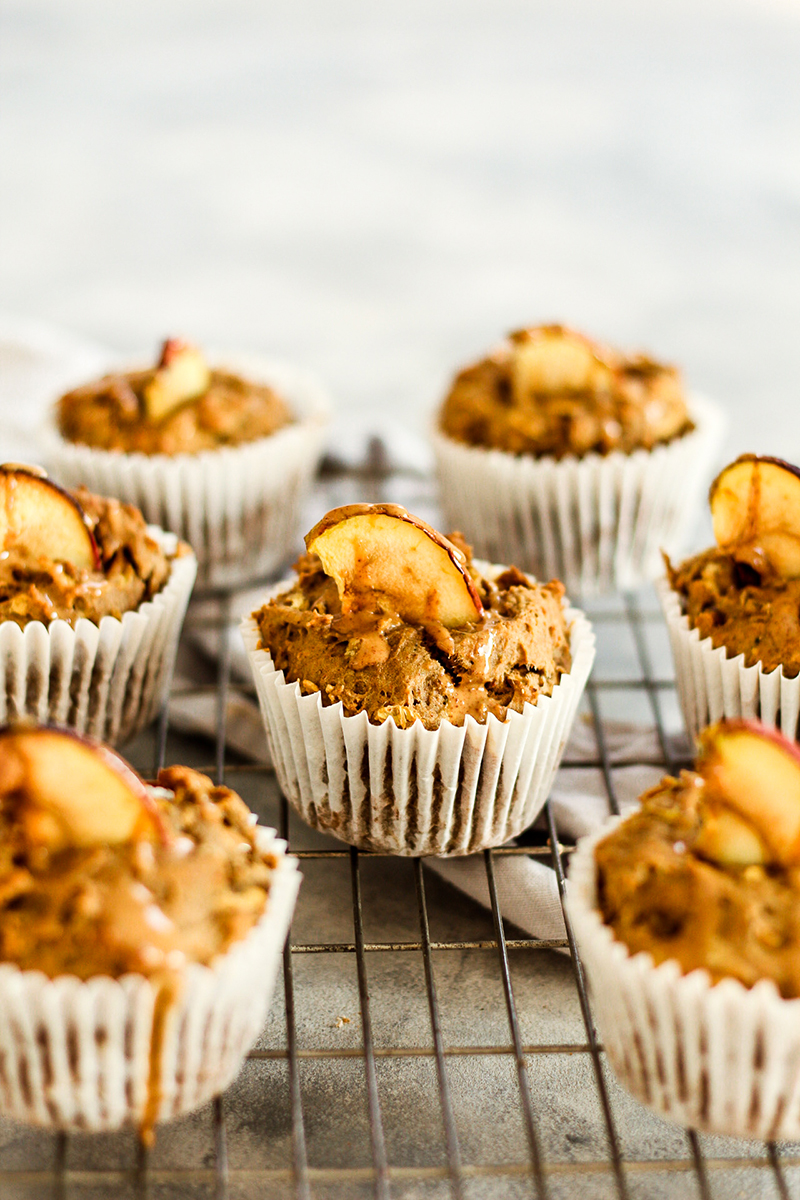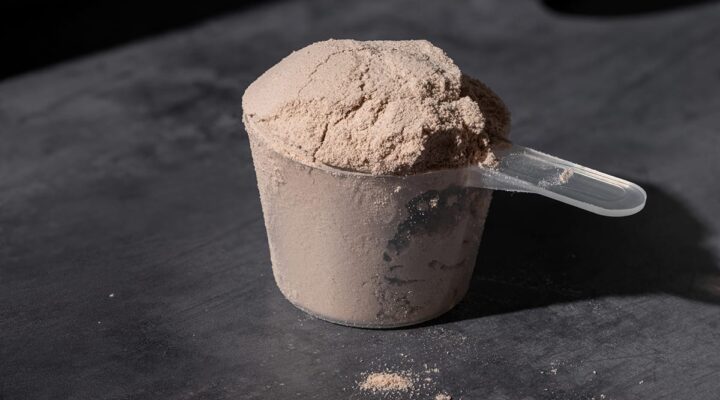Form’s Guide to Vegan Baking
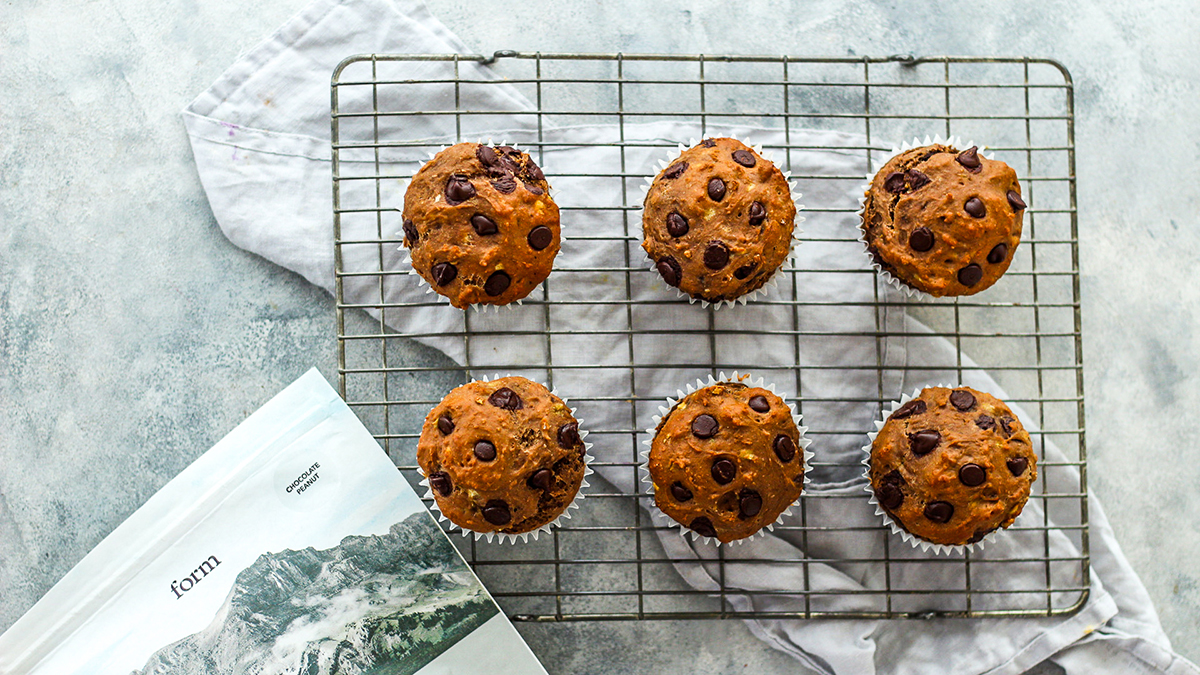
The world of vegan baking increasingly seems limitless, with fluffy muffins, tasty cookies and indulgent brownies offering zero compromise to taste or texture.
In reality, baking with vegan ingredients requires a dash of creativity and a pinch of innovation. The same ingredients have been used in baking for centuries, and the popularity of plant-based nutrition has allowed us to explore new ways to make our favourite baked goods. When done right, we can achieve more interesting flavours and a far better nutritional profile than any bake made with double cream, butter and eggs.
But vegan baking isn’t just a tasty art form, it’s a science. Different vegan ingredients have different impacts on cooking time, moisture and flavour density, and different baked goods may require different vegan alternatives. A ripe banana, for instance, might work well as an egg replacement in a muffin, but would ruin a vegan meringue (a much more suitable alternative for which would be aquafaba – AKA chickpea brine).
And so, we’ve compiled a guide to form a starting point for any vegan bake. We’ve highlighted all the trustiest ingredients to use dependant on your desired result, and completed our guide with three delicious vegan recipes using Form’s protein blends.
Egg Alternatives 🥚
Eggs are the binding agents and moist-makers of many a sweet treat, but their baking properties aren’t exclusive. A number of vegan alternatives will provide just as desirable results, and in many cases will add a natural sweetness that omits the need for refined sugars.
- ½ a mashed ripe banana works best in bread, muffins and cookies
- ¼ cup of silken tofu can be used in place of eggs in cheesecake, poundcake and savoury muffins
- 1 tbsp of chia or flaxseeds mixed with 3 tbsp water can be used in brownies and other cakes of this consistency
- ¼ cup of apple puree also works well in muffins and cookies
- ¼ of an avocado, mashed, works a treat in brownies
Milk Alternatives 🥛
These days, everyone tends to have their own preferred plant-based milk for coffee, smoothies, oats et al (if you’re still on the fence, check out our guide to plant-based milk here). Beyond moistening doughs and batters, milk can be responsible for the structure of your bake, ensuring it doesn’t collapse in the oven.
As a trusty go-to for pretty much any vegan bake, almond milk offers a neutral taste, so is extremely versatile. When it comes to more indulgent recipes, coconut milk is our sweeter, creamier go-to.
Butter Alternatives 🥞
In dairy-based baking, butter can contribute to flavour, mouthfeel and texture. As a fat it serves to shorten gluten strands, slowing down the process of gluten formation for a more tender product.
Fortunately, though, many healthier fat alternatives work in just the same way. Unfortunately, they tend to be slightly more expensive. Coconut spreads such as Naturli Butter Block mixes shea butter, almond, coconut and rapeseed oils for an optimal alternative, or, in many bakes, nut butters like peanut or cashew will do the job nicely – with an added punch of flavour.
Cupboard Essentials 🥫
As with most traditional bakes, more often than not, you’ll need flour. Though flours tend to be plant-based by nature, for healthier cakes and cookies, we recommend experimenting with gluten-free options such as buckwheat, rice, almond, coconut or quinoa flour. Don’t forget to also keep your cupboard well-stocked with baking powder, too!
As for those additions that you’ll find yourself returning to regularly for sweetness and flavour, you’ll find the below ingredients go a very long way:
- Vanilla extract
- Ground cinnamon
- Coconut oil
- Vegan chocolate chips
- Plant-based protein powder
To explain the last ingredient on that list, vegan baking tends to call for ingredients heavy on carbohydrates and fats. The addition of a plant-based protein supplement will both balance out your bakes’ macronutrient profile and contribute to making you feel fuller for longer – reducing the risk of scoffing all your cakes the moment they come out of the oven.
Form’s unflavoured Pureblend Protein was formulated precisely for that extra kick of protein in savoury vegan dishes and baked goods. Superblend and Performance, meanwhile, offer comparable levels of protein to your bakes and come in flavours that also enhance their flavour. By using these, you’ll also lessen the need for sweeteners, natural or otherwise.
Vegan Baking Recipes
Now to put those learnings into practice with some delicious vegan bakes to get you started. And remember, there’s plenty more inspiration where that came from on our Instagram page, @formnutrition, where we share all sorts of recipes from our community.



